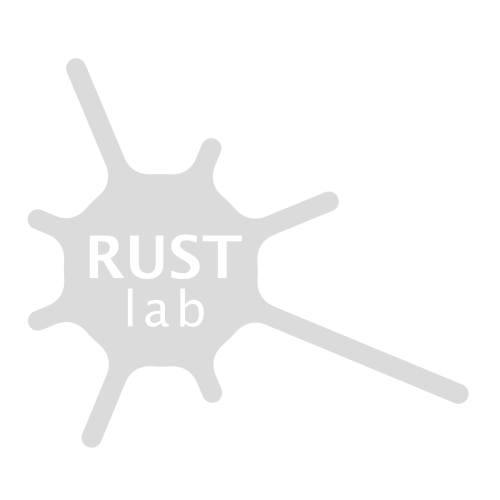Join us on Friday, May 31st, from 10-12 hrs (German time) for the second RUSTLab lecture of this summer term. Klaus Høyer will present his work on “Re-placing data: Intensified data sourcing in healthcare and the urge to share data across borders”.
On March 30th, The Economist had a special issue on data outlining what it takes to realize the proclaimed potential of digital technologies. The issue featured an interesting trope, namely the dream of having “All the data from everywhere all at once” (p. 10). This particular formulation has an uncanny resemblance to the award-winning movie ‘Everything Everywhere All at Once’ (2022) about a pressured woman feeling forced to tackle everything everywhere all at once, and who is sucked into an ontological multiplicity where what happens in one world has life and death implications in other worlds, and where powerful forces struggle for ultimate control. In this talk, I will explore the trope of having all data available in total compression of time and distance. I will suggest that it too comes about as a result of powerful forces, and that it can indeed lead to a form of ontological multiplicity, albeit of a very different nature from that suggested in the movie. I describe the impact and effect of data integration initiatives over the past decades in Denmark and relate these experiences to current cross-border data initiatives. One could say that these initiatives aim to exonerate ‘place’. However, they make data operate in several places at once, and this does not absolve place – it reconfigures the places in which data are to do stuff and ‘replace’ in the sense of substitute, their effects in unpredictable ways.
Klaus Høyer is professor of Medical Science and Technology Studies at the University of Copenhagen. His main field of research is the organisation and regulation of the healthcare system and medical research, in particular with respect to the introduction of new medical technologies. He has published on, e.g., data sourcing, research biobanking, stem cells, property issues, forensic biobanking, public-private partnerships and public perceptions of genetics. Currently, he is working on a project funded by the European Research Council about cross-border health data infrastructures and how we experience living in data-intensive environments. His most recent book is Data Paradoxes: The Politics of Intensified Data Sourcing Healthcare (MIT Press, 2023, open access).
Location: on campus (MB 4/165) and Zoom
Zoom Link
PW: RUSTlab
You will find additional resources and information on this term’s guiding theme Replacement here on our website.
